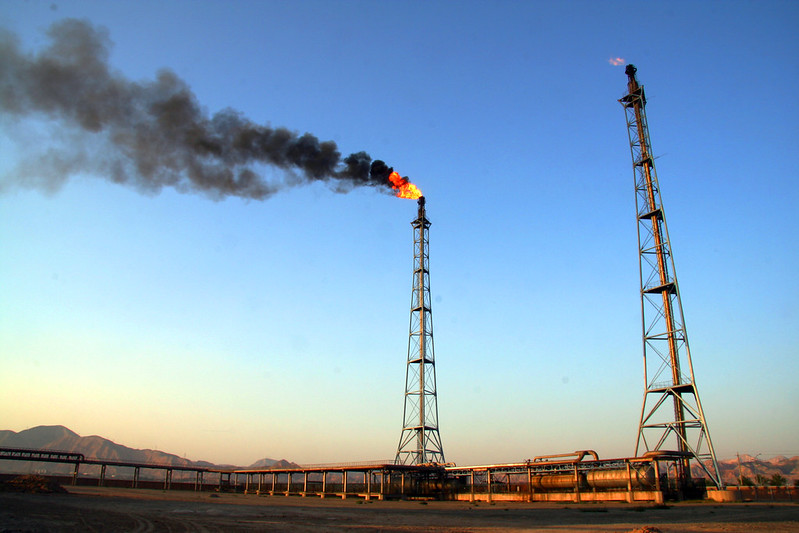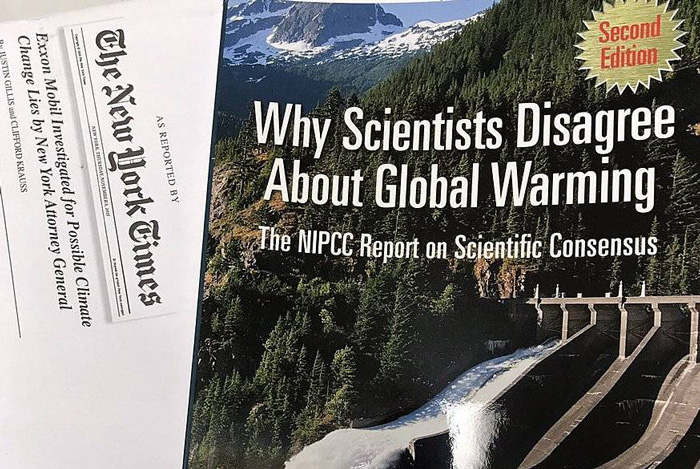 A controversy has been brewing in Texas over how climate change is taught in textbooks.
A controversy has been brewing in Texas over how climate change is taught in textbooks.
In November of last year, Texas’ Education Board voted to reject 7 out of 12 science textbooks for eighth-grade students. Board members were critical of how some textbooks portrayed the fossil fuel industry. They argued that the textbooks promoted an overly negative view of the industry and fossil fuels in general.
Yet, climate change hasn’t been the only contested topic for the Board. The Board has also debated on American history and the theory of evolution.
Let’s take a closer look at why these textbooks have been so controversial, and what the Board’s ruling will mean for education going forward.
Climate Change In Textbooks
In 2021, the Board issued a series of new standards for textbooks. They required that textbooks illustrate how human actions led to climate change. In addition, creationism, or the Christian belief that God created the universe, would not be prioritized over lessons on evolutionary theory.
 However, behind the scenes, the Board’s reasonings came into conflict with these standards. Earlier in the year, the Board had encouraged schools to focus on the positive aspects of fossil fuels in science textbooks.
However, behind the scenes, the Board’s reasonings came into conflict with these standards. Earlier in the year, the Board had encouraged schools to focus on the positive aspects of fossil fuels in science textbooks.
The Board also suggested students be taught that global warming is the result of natural changes in climate. This portrayal is concerning, as it casts doubt on how warming has been strongly influenced by human carbon emissions.
Furthermore, as the US’ largest oil and gas state, Texas has many politicians who are personally connected to the fossil fuel industries. For example, one Republican board member when asked to justify his rejection of certain textbooks said, “The selection of certain images can make things appear worse than they are, and I believe there was bias.”
Other board members echoed similar concerns. They rejected textbooks they saw as overly critical of fossil fuels and dismissive of “alternatives” to evolution. Ultimately, textbooks from four publishers were approved. Yet, the publishers were required to revise content on topics such as energy, fossil fuels, and evolution.
In addition, the Board has been lobbied by prominent political figures. Railroad commissioner Wayne Christian is a key regulator of the oil and gas industry. He wrote a letter to the Board’s chairman Kevin Ellis and expressed his concerns that textbooks were teaching an excessively radical take on environmentalism.
Impact on Climate Education
 These signs are certainly worrying for the quality of science education, especially since the state is the largest purchaser of textbooks.
These signs are certainly worrying for the quality of science education, especially since the state is the largest purchaser of textbooks.
The state also remains one of six in the US that has not yet adopted the Next Generation Science Standards. These standards include an emphasis on human contributions to climate change and how reducing carbon emissions can mitigate its effects.
However, change is still possible. For one, textbook publishers cannot fully defy the scientific consensus, as their textbooks are distributed to educational districts all over the US. Thus, even though Texas may force them to make some revisions, the textbooks still have to meet standards set by other states.
Teachers in Texas and beyond are also making a stand against the Board’s decisions. The National Science Teaching Association, which has more than 35,000 educators, published a letter criticizing the Board’s political views on climate change and evolution.
This issue raises an important question - Should education be influenced by politics and what impact will that have on future generations? What do you think?
Sources: NPR, Guardian, US News, Scientific American, Gizmodo







